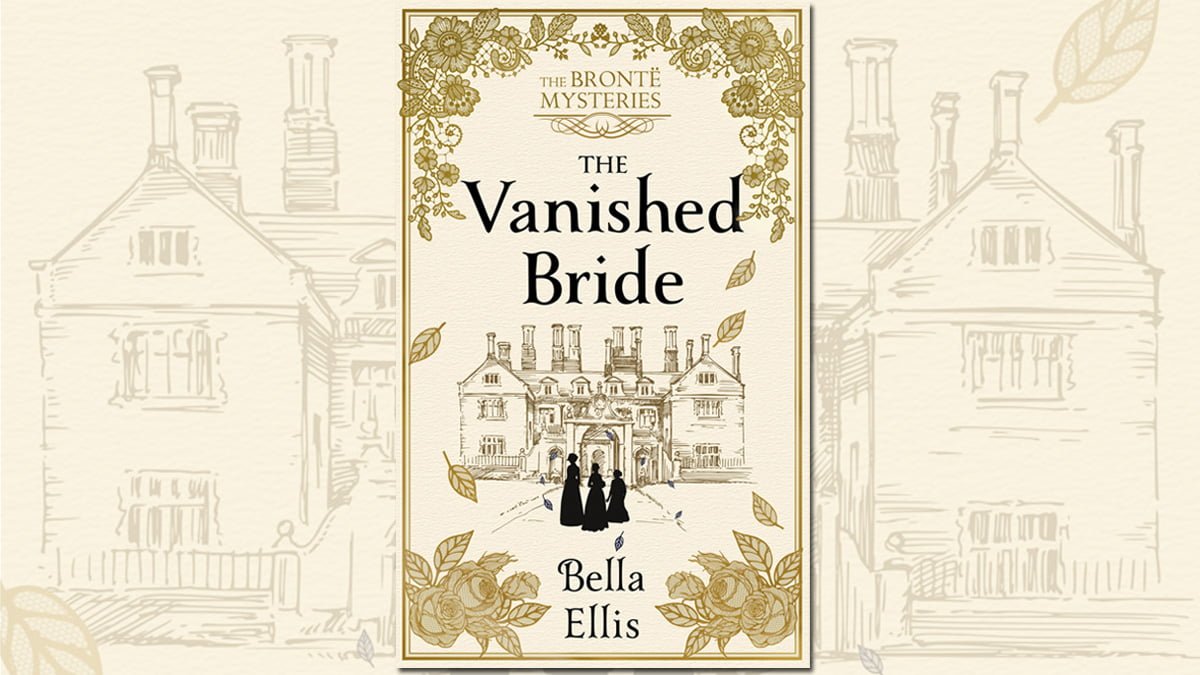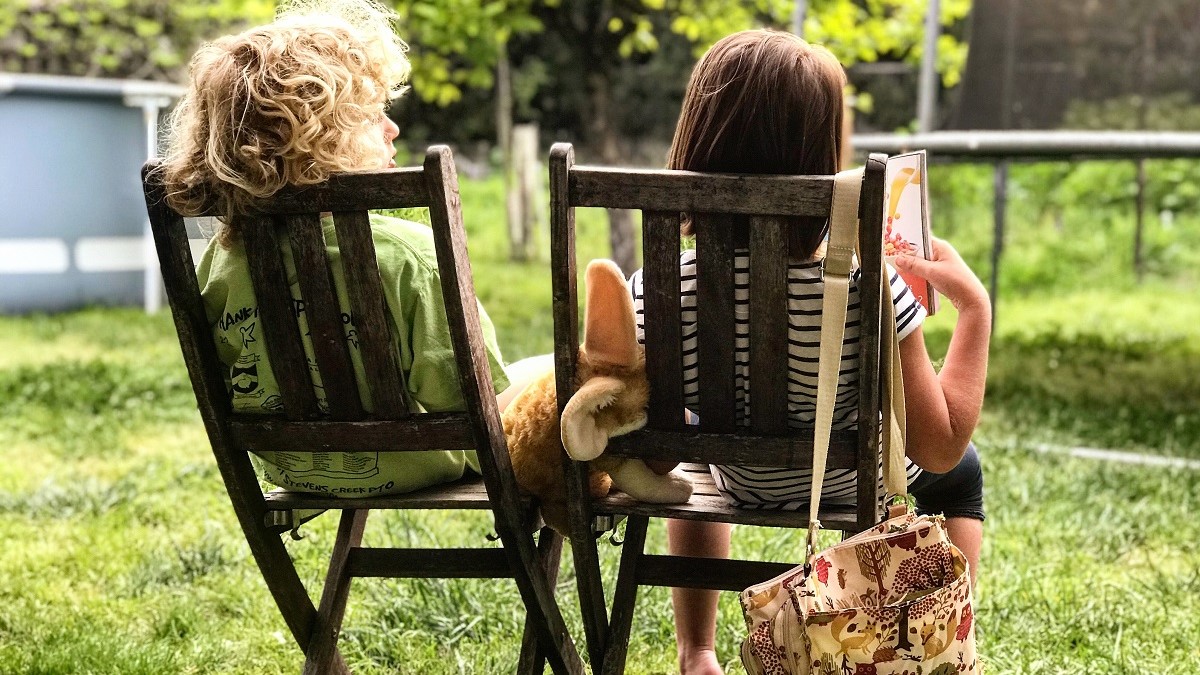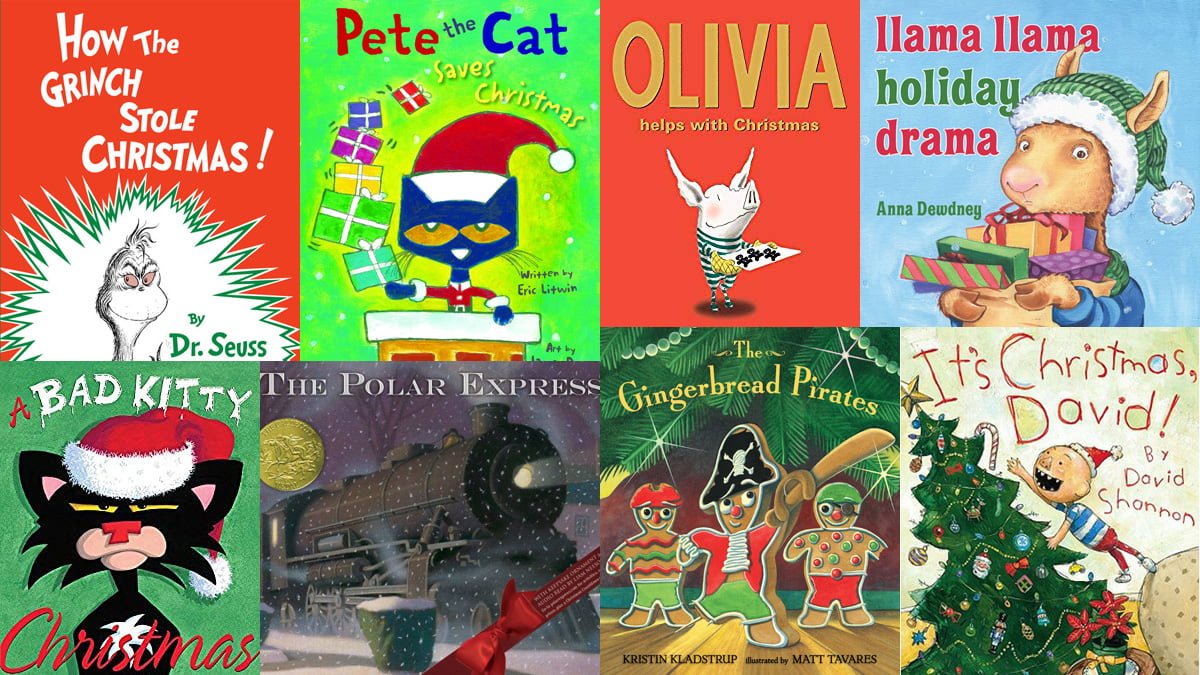
The Vanished Bride by Bella Ellis is one of the best books I’ve read over the last few months. This historical fiction novel reimagines the Brontë sisters – Charlotte, Emily, and Anne – as amateur sleuths in the period shortly before they wrote the novels for which they would become immortalized.
Please note: This post contains affiliate links.
Set in Haworth and the surrounding area of Yorkshire in 1845, The Vanished Bride is set during a period where all the Brontë siblings had moved back to live with their father at their famous parsonage after losing their various positions of employment. It is there that they hear of a terrible tragedy at the nearby stately home of Chester Grange where Charlotte’s friend Matilda works as a governess. On arriving to awaken Mrs. Elizabeth Chester, the lady of the house, Matilda discovered the bedchamber empty and the room covered in vast quantities of blood. The sisters immediately suspect Elizabeth’s husband, but with the local constable apparently incompetent and the townsfolk in fear of speaking out against their landlord, no progress is being made in discovering what really happened, so the Brontës take it upon themselves to uncover the truth.

The truth, naturally, is far more convoluted than any of them could guess and puts them into dangerous situations as they travel all over to county from Leeds to Scarborough and Hebden Bridge in an attempt to unravel the truth behind the events at Chester Grange. As young women, they often find themselves struggling to be taken seriously in their detective works but when it comes to encouraging people to talk, their appearance often “turns out to be the perfect disguise.” The sisters do their best to use their enforced social positions to their advantage, however, the story also shows their annoyance at the roles society has tried to force them into and their desire to break free from the rules whenever possible. Of course, by the end, the mystery has been resolved with, if not the most shocking of revelations, an entirely satisfactory one, and the novel ends with the sisters receiving information on a new mystery for them to solve.
On the face of it, this book is a somewhat strange idea. There has never been any evidence that the Brontës engaged in anything even close to amateur detective work or solved crimes of any kind during their lives, so why write a story suggesting they did instead of creating new female characters to play the roles of the main characters? That was one of my initial questions going into The Vanished Bride but having read it, the inclusion of the Brontë sisters feels like a stroke of brilliance. All throughout the story, you can spot events that, had they been real, would likely have inspired the sisters to write their famous works. The influences are subtle. There are no mad wives locked in attics nor lonely ghosts wandering the moors, rather there are shades of these events as if the author is trying to imagine what the sisters could have experienced in their lives to help them create the incredible stories they did. There’s also a tantalizing glimpse of something that may just be supernatural, enough to pose the question without committing to any answers.

One part of The Vanished Bride that really spoke to me was its portrayal of grief. There is a particular sense of loss that comes from losing a parent at a very young age, a sense that you’re permanently in mourning for something you can’t quite remember. Author Bella Ellis captures this feeling perfectly during the early chapters when a group of characters sit together and talk about their lost parents and the memories of them that they carry. This sensation of constant grief casts a macabre shadow over the Brontë sisters, especially as they are witnesses to their father’s work with the poor in their community. They know their futures are likely to involve either never experiencing the love of a long-term relationship, or accepting that if they do marry and start a family, they will very possibly have to bury a child or leave one motherless and this knowledge constantly influences their actions and words.
Historical fiction that reimagines the lives of famous figures has been around for many years now but it does seem to be coming to prominence of late. In the last few years I personally have read fictional books centered around the lives of Edgar Allan Poe and Alexander Hamilton, and I suspect the latter may be partially responsible for this trend thanks to the popularity of the musical Hamilton. There is an ongoing question of whether or not it is appropriate to fictionalize the lives of real people in this way, putting words into their mouths and puppeting them into actions they may have vehemently disagreed with – a question that has been debated for many years in the fanfiction community because, after all, what is historical fiction if not published Real Person Fic? I don’t have the answers to those questions but they were playing on my mind as I read The Vanished Bride. It was also impossible not to wonder about how accurate (or not) the actions and attitudes of the characters were given their historical setting – I suspect the latter.

Despite a few issues, The Vanished Bride ended up being my favorite books of the year so far and I’m already excited to pick up the sequel – The Diabolical Bones – later this year as this book is the first in what will become The Brontë Mysteries series. You don’t need to be a fan of the Brontës or of classic literature to enjoy this, although a passing familiarity at least with their famous novels will help you pick up on the subtle references scattered throughout. This novel will appeal to fans of period dramas, amateur detectives, and fearless heroines and its strong feminist influence is inspirational in showing how women were always determined to change their world even when society dictated that they should stay home and stay quiet.
GeekMom received a copy of this book for review purposes.



